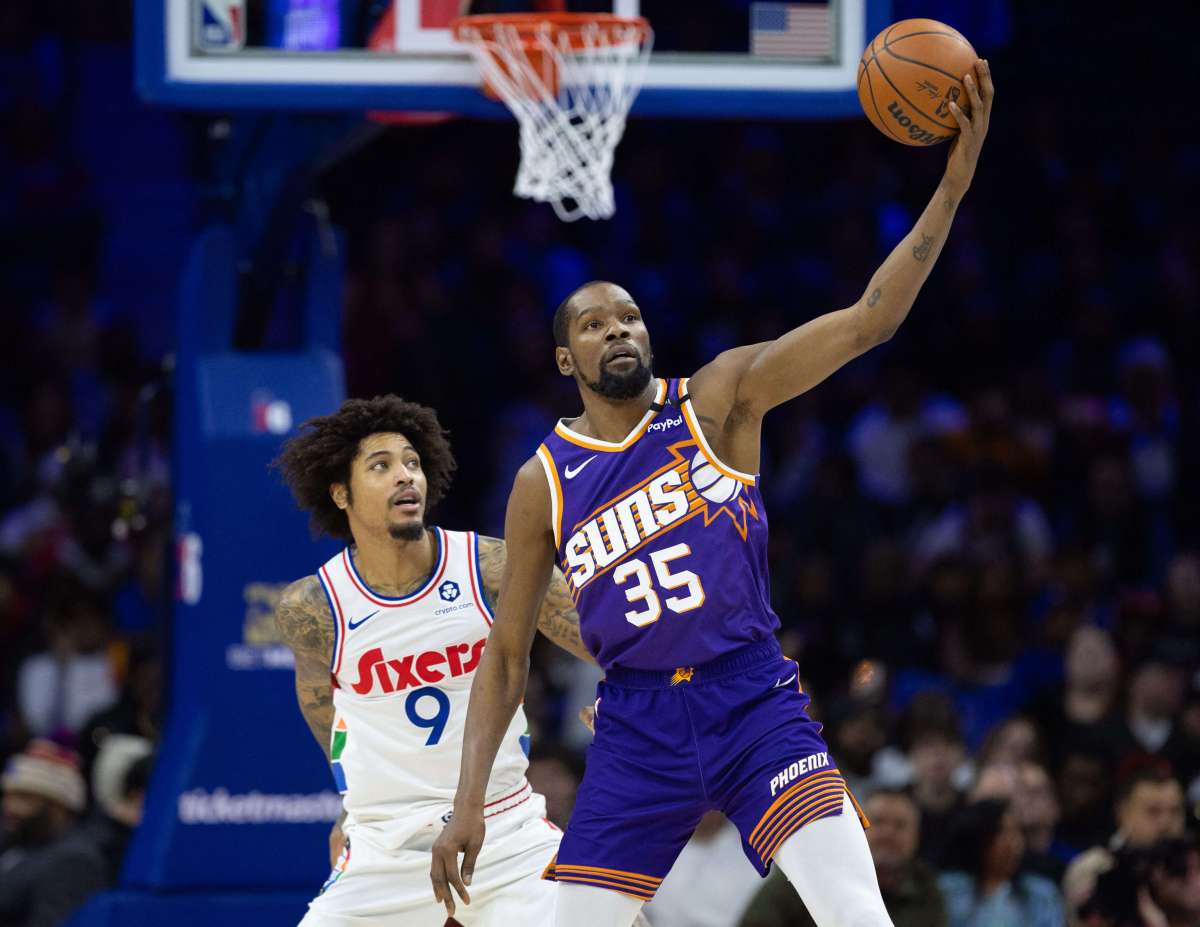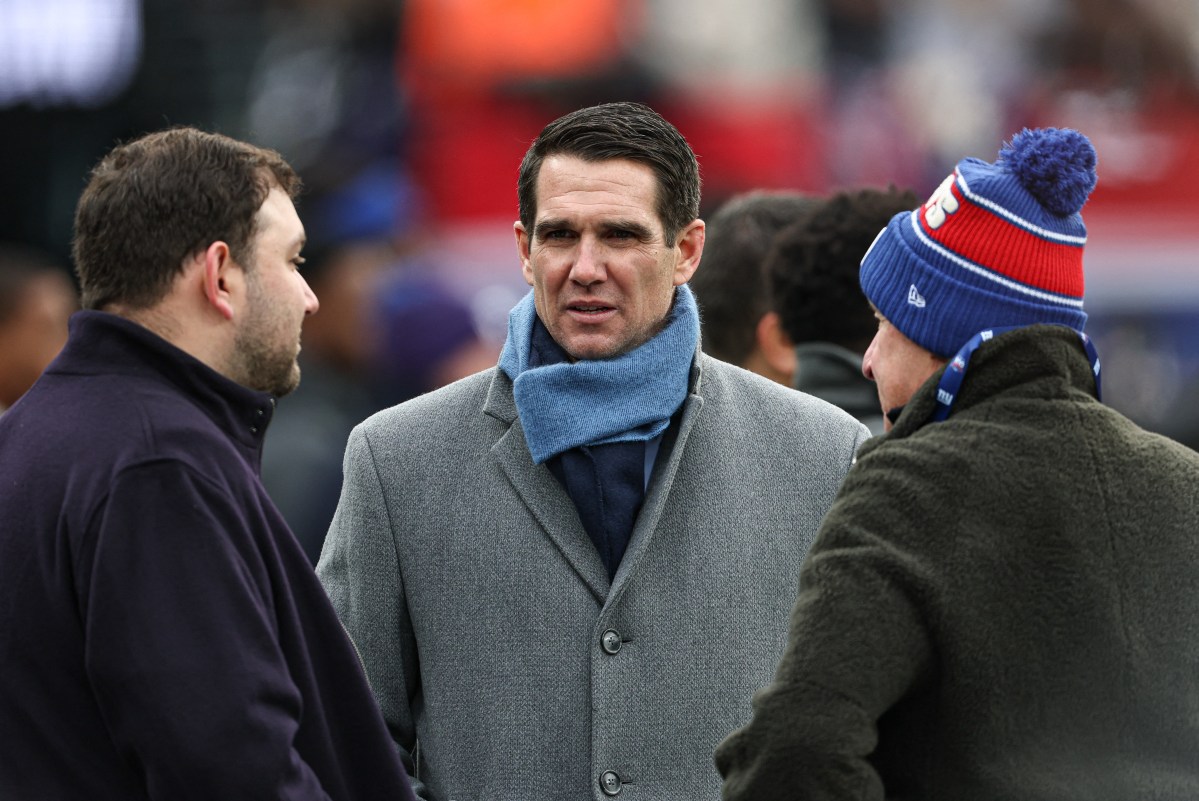LONDON (Reuters) -BT’s new billionaire investor is backing the British telecoms group to go it alone, seeing no need to sell a stake in network arm Openreach or perhaps even to find a partner for its fibre roll-out, a person familiar with the situation said.
Patrick Drahi, a Franco-Israeli telecoms entrepreneur, surprised investors earlier this month when he announced that he controlled 12.1% of BT, making him the biggest shareholder and driving the company’s stock to a 17-month high.
The 57-year-old met BT’s management in London last week, two sources said, with one saying he confirmed in private what he has said in public – that he backs BT spending billions to build the fibre and 5G networks Britain needs to boost productivity.
The stake purchase sparked speculation that Drahi might pressure BT to sell a stake in Openreach or spin it off, and it came less than a month after the group set out a plan to find a partner to help build part of its new fibre network.
But the person, who spoke on condition of anonymity, said Drahi and some of BT’s other major investors, which include Deutsche Telekom, did not think a fibre joint venture was needed, unless a partner could access cheaper capital.
Spokespeople for BT and Drahi declined to comment. Deutsche Telekom did not immediately respond to a request for comment.
BT is planning to spend 15 billion pounds ($21 billion) on an investment upgrade that will help transform the future of the company that traces its history back to 1846.
JOINT VENTURE?
Drahi bought into BT after the group overcame a series of potential hurdles, including the agreement of a new regulatory regime, a spectrum auction, pension negotiations and soccer rights renewals.
The company will also be a big beneficiary of a super-deduction tax break, helping underpin its plan announced in May to build a fibre network serving 25 million homes by the end of 2026 – five million more, and earlier, than previously planned.
CEO Philip Jansen said at the time BT was looking for an investment partner to help with the additional connections.
However, some major BT shareholders are keen for the company to fund the additional investment itself, unless a partner could provide capital at a substantially cheaper cost, the source said, adding the chances of a partnership had diminished.
While a joint venture deal for the extra five million connections could give a value for the whole network, it would also take some of the future earnings.
BT shares are up 30% since the joint venture plan was publicised in May and the Drahi investment revealed, valuing the group at 20.3 billion pounds.
The improved share price also means a stake sale or spin-off of Openreach is not on the immediate agenda, with management and some investors believing a company split would be a distraction during the fibre roll out, the source said.
Openreach is BT’s networks unit which analysts say is undervalued within the group.
“The separation cost would be massive,” the source said.
Jansen told the Times newspaper last week that he had an “excellent” relationship with Drahi, who saw “huge potential” in BT.
Drahi owns the BT stake through Altice UK.
Deutsche Telekom owns just a shade less than Altice at 12.06% and has a seat on BT’s board. But that came when BT bought EE from Deutsche Telekom and Orange, and a board seat for Drahi’s Altice had not been discussed, Jansen told the Times.
($1 = 0.7187 pounds)
(Reporting by Paul Sandle and Kate HoltonEditing by Guy Faulconbridge and Mark Potter)





















